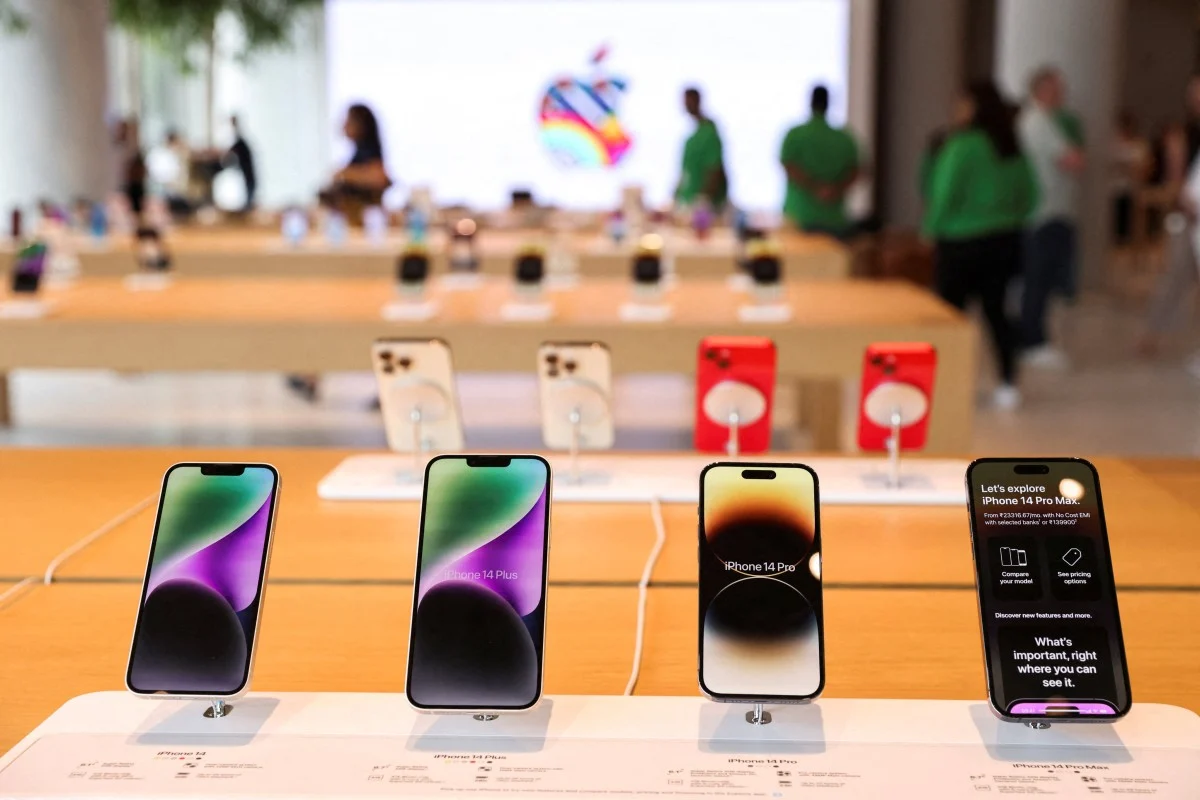Apple is advancing its strategy to develop in-house components by creating its own Bluetooth and Wi-Fi chip, code-named Proxima, set to debut in 2025. This move will replace parts currently supplied by Broadcom, marking another step toward Apple’s goal of tightly integrated, energy-efficient hardware solutions.
Proxima has been in development for several years and will be produced by Taiwan Semiconductor Manufacturing Company (TSMC). The chip is part of Apple’s broader wireless integration plan, complementing its transition away from Qualcomm cellular modems. Together, these components will eventually provide a seamless, end-to-end wireless solution across Apple devices, ensuring better energy efficiency and deeper hardware integration.
The new chip will first appear in Apple’s updated home devices, including refreshed versions of the Apple TV set-top box and HomePod mini, set for release next year. By 2026, the chip is expected to be integrated into iPhones, iPads, and Macs, revolutionizing how Apple devices connect to wireless networks and peripherals like headphones and speakers.
This shift presents risks for Apple, as the Bluetooth and Wi-Fi chip is critical for maintaining the seamless connectivity Apple customers expect. Broadcom, a leader in wireless technology, has long supplied these components, and Apple will face challenges matching Broadcom’s capabilities with its first-generation chip. However, Proxima is expected to support the Wi-Fi 6E standard, offering improved bandwidth and faster speeds.
The move is significant for Apple’s hardware technologies team, led by senior vice president Johny Srouji, which previously developed the processors powering iPhones, iPads, and Macs. By bringing wireless connectivity in-house, Apple gains greater control over the user experience and paves the way for innovative devices, including thinner iPhones and new wearable technologies.
The company’s smart home ecosystem is set to benefit from Proxima’s integration, enabling faster synchronization and closer device interaction. Apple plans to release a home hub device equipped with artificial intelligence and a standalone security camera that will pair seamlessly with other Apple products.
While this transition will impact Broadcom’s role in supplying Apple, the company will still provide other components, such as radio frequency filters for modems. Apple is also reportedly working with Broadcom on next-generation cloud server chips, signaling continued collaboration in certain areas.
By investing in in-house wireless components, Apple strengthens its position in hardware innovation, enhancing its ability to design products that deliver a unified and energy-efficient experience.
READ MORE:
